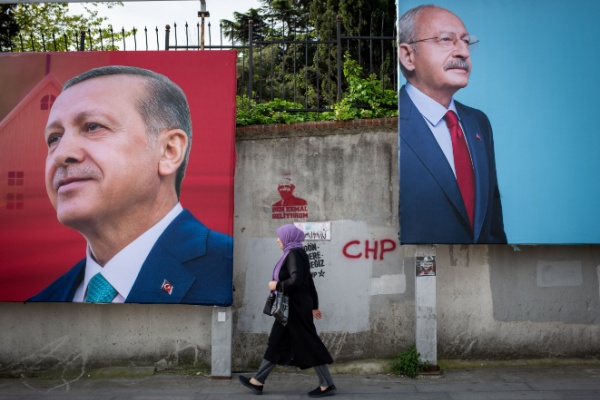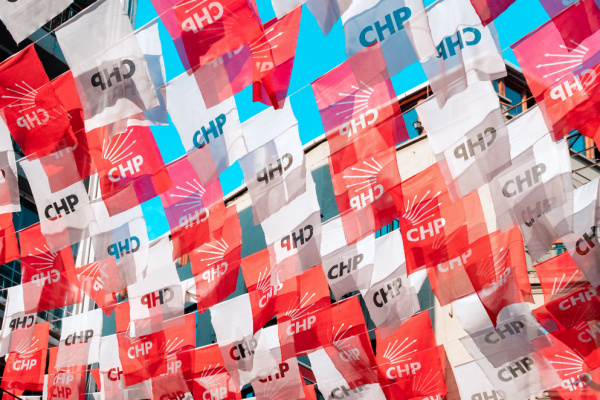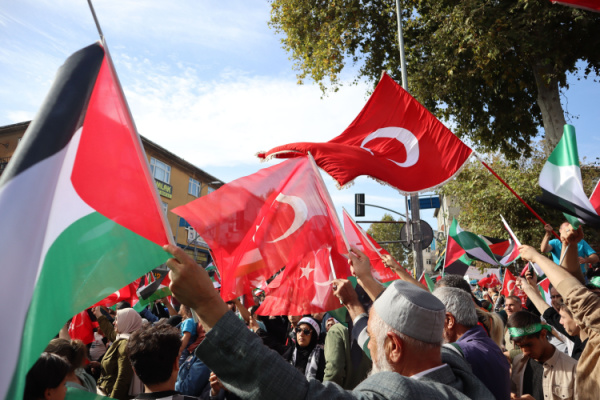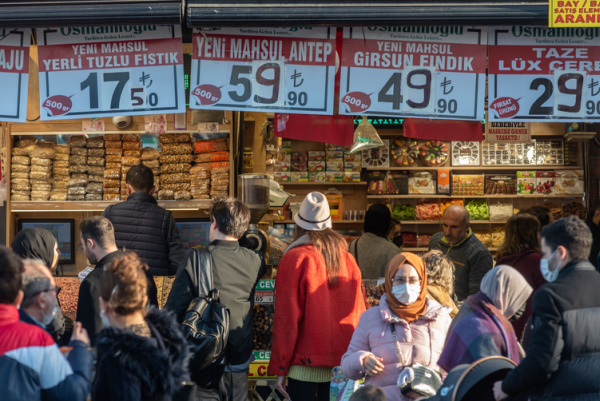Local Elections Were a Loss for the AKP, Were They a Victory for the Opposition?
By Reuben Silverman
April 15, 2024
Turkey’s March 31 local elections upended national politics. As they approached, the question was whether the opposition Republican People’s Party (CHP) could retain the substantial gains it had made five years earlier. Optimists predicted that the mayors of İstanbul and Ankara would be reelected while pessimists hedged or even contemplated the CHP losing traditional strongholds like Eskişehir or İzmir. The results on election night were something else entirely. Not only were Istanbul and Ankara won easily but traditional pro-government strongholds like Bursa and Balıkesir flipped. At the national level, President Erdoğan and the Justice and Development Party (AKP) retain control of the government, but for the first time in twenty-two years, the AKP is not Turkey’s most popular political party. How Erdoğan will respond remains an open question.

Not Condemned to the Authoritarian Right: Turkey’s Local Elections Show the Way to a Different Future
By Halil Karaveli
April 11, 2024
The historic victory of the social democratic CHP in the March 31 local elections has redrawn Turkey’s political map and overturned established truths about Turkish politics. Turkey is not condemned to permanent authoritarian right-wing rule. The CHP won because it combined an inclusive stance toward conservatives and Kurds with a centre-left message. But to reach national power, Turkey’s new leading party will need to show audacity and be prepared to take on entrenched economic interests.

Can the New CHP Leader Revive Social Democracy in Turkey?
By Halil Karaveli
January 25, 2024
Turkey’s new opposition leader Özgür Özel is proposing to do something that no one has attempted in Turkey since the early 1990s, to revive a social democratic alternative. Yet the CHP’s new leader is making a turn to the left under inauspicious circumstances. The right in its different shades is hegemonic and there is no societal clamor for social justice and equality. Meanwhile, the Turkish labor movement has been reduced to insignificance, depriving social democracy of a base of working class militancy. Yet rampant inequality needs to be addressed, and a left-wing message that addresses economic concerns can help transcend Turkey’s crippling ethnic divisions, encouraging Turkish and Kurdish lower classes to make common cause. It offers a way out of Turkey’s democratic impasse.

Can Turkey Both Stand Up to Israel and Do Business with It?
By Reuben Silverman
January 12, 2024
On the eve of Turkey’s centennial anniversary celebrations, President Recep Tayyip Erdoğan held a mass rally in support of Palestine. He reminded his audience that, only a century earlier, Gaza had been part of the Ottoman Empire. He condemned Israel’s government and criticized the West for remaining silent in the face of Israel’s retaliatory killing of civilians, wondering if it wanted to encourage conflict between “crescent and cross.” Yet, while this heated rhetoric positions Turkey as the ultimate opponent of Israeli expansionism and protector of Palestinians, it obscures on-going Turkish-Israeli relations and the strategic interests that may limit Erdoğan’s actual diplomatic options.

Mehmet Şimşek at the Helm: The Impossibility of Reconciling Neoliberal Orthodoxy and Populism
By Barış Soydan
September 8, 2023
Hailed by markets as the “savior” of the Turkish economy, Mehmet Şimşek has in fact launched policies whose price will be borne by large segments of the public. Tax hikes, although narrowing the budget deficit, will further fuel inflation, increasing poverty. In this respect, the new fiscal policy resurrects the paradigm that guided the IMF program in 2001. However, staying true to the spirit of the IMF program is a recipe for political troubles ahead for the Erdoğan regime. With municipal elections due in March 2024, President Recep Tayyip Erdoğan may therefore well conclude that “heterodox” economic policies will have to be resurrected.



